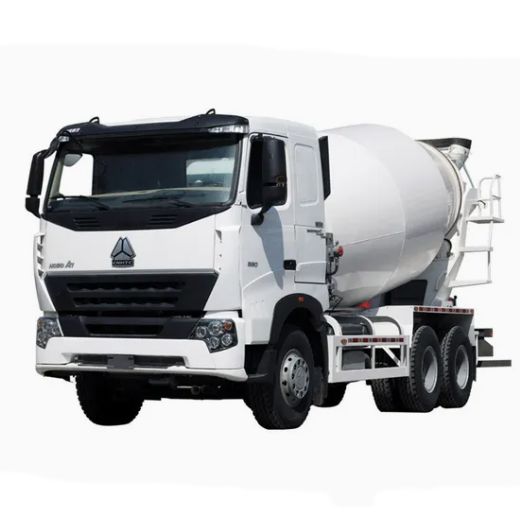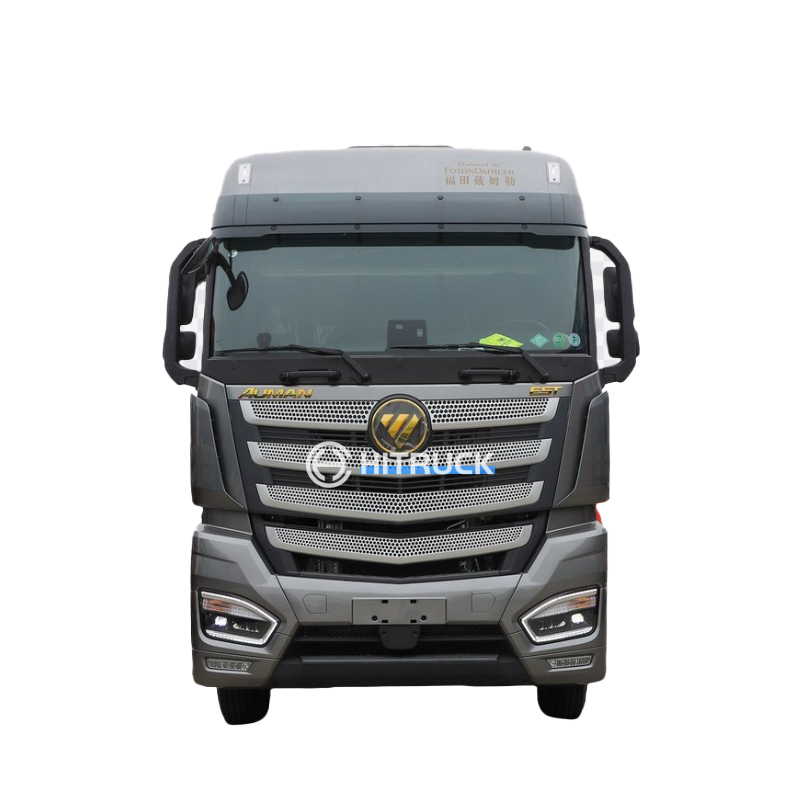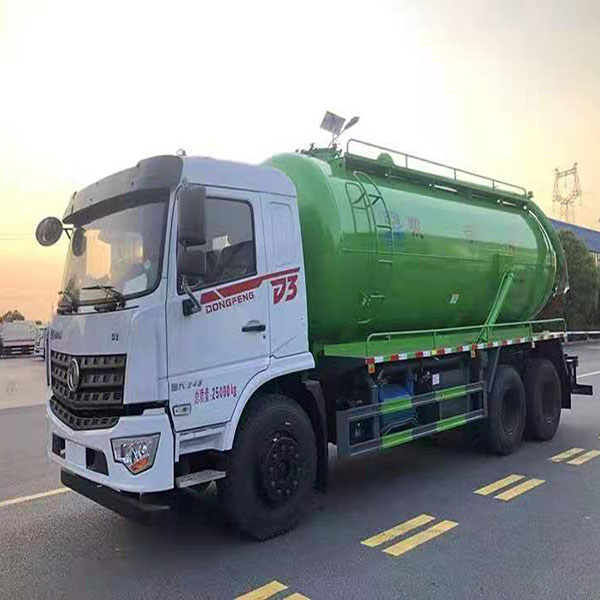This comprehensive guide helps you understand the various factors to consider when purchasing an electric water truck, ensuring you choose the model best suited to your specific requirements. We'll explore different types, key features, benefits, and considerations to make an informed decision.
Electric water trucks come in a variety of sizes, ranging from smaller models ideal for localized irrigation or cleaning tasks to larger trucks capable of handling significant water volumes for construction or municipal projects. Consider your typical daily water needs and the distance you'll need to travel to determine the appropriate tank size and overall capacity. Factors like terrain and accessibility will also impact your decision.
The pumping system is crucial. Different applications require different pressures and flow rates. Some electric water trucks utilize centrifugal pumps for high-volume, low-pressure applications, while others utilize piston pumps for high-pressure, lower-volume operations. Understand your specific pressure and flow requirements to select the right pumping system. Research the pump's motor specifications and power output to ensure sufficient performance.
Battery life and range are critical for electric water trucks. Lithium-ion batteries are common, offering varying capacities and charging times. Consider your daily operating hours and the distance you'll cover per charge. Look for trucks with advanced battery management systems that provide real-time monitoring and optimize performance. Longer ranges generally translate to greater productivity and less downtime.
Before purchasing an electric water truck, assess your access to charging infrastructure. Determine whether you have the necessary charging points at your base of operations and if there are convenient public charging stations along your typical routes. Consider the charging time required for a full recharge and if this aligns with your operational needs. This includes evaluating the power requirements of the charger and any potential grid upgrades needed.
Safety should be paramount. Look for features such as emergency shutoff switches, leak detection systems, and robust chassis designs. Check for compliance with relevant safety regulations and standards. Consider operator comfort and ergonomics, ensuring a safe and efficient working environment. A well-designed and maintained electric water truck minimizes the risk of accidents and maximizes safety for both the operator and the surrounding environment.
Electric water trucks offer several benefits compared to their diesel counterparts. These include reduced emissions, lower operating costs (reduced fuel and maintenance), quieter operation, and a more environmentally friendly approach. The decreased noise pollution is particularly beneficial in noise-sensitive areas, improving the overall working environment. These advantages often translate into significant long-term savings and reduced environmental impact.
Choosing the right electric water truck involves careful consideration of your specific needs, budget, and operational context. Thorough research and comparison shopping are key. Consult with reputable suppliers like Suizhou Haicang Automobile sales Co., LTD to discuss your requirements and explore suitable options. They can offer expert guidance and assist you in finding the perfect electric water truck for your business.
| Model | Tank Capacity (gallons) | Pumping Capacity (GPM) | Battery Range (miles) | Charging Time (hours) |
|---|---|---|---|---|
| Model A | 1000 | 50 | 80 | 6 |
| Model B | 1500 | 75 | 60 | 8 |
Note: Specifications are for illustrative purposes only and should be verified with individual manufacturers.












